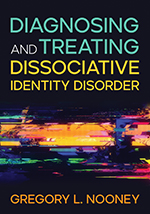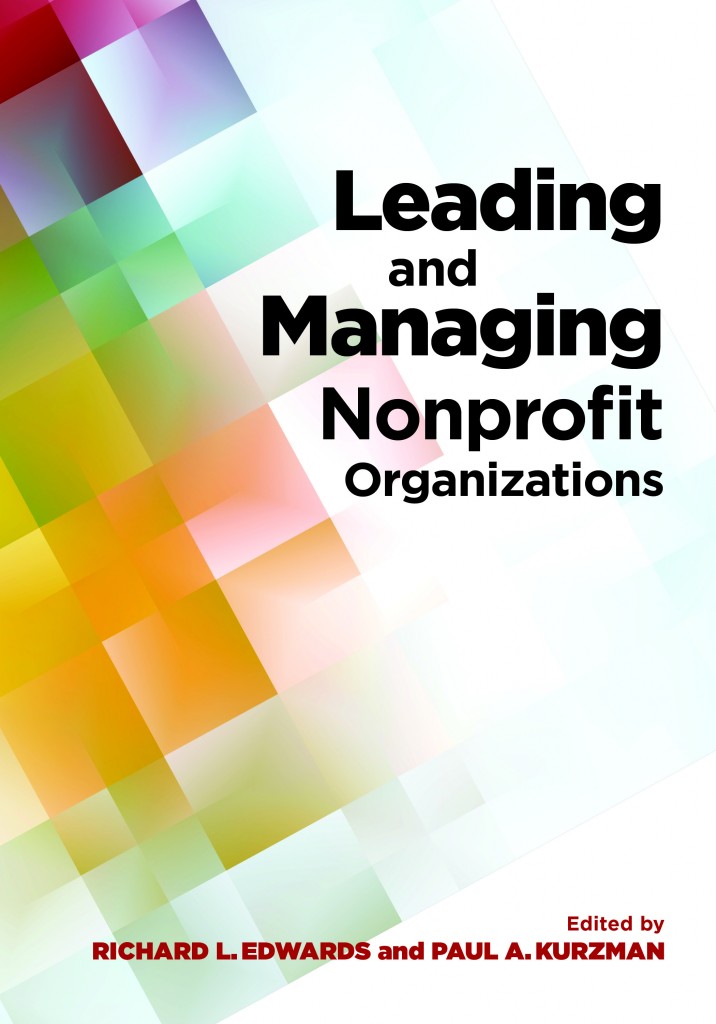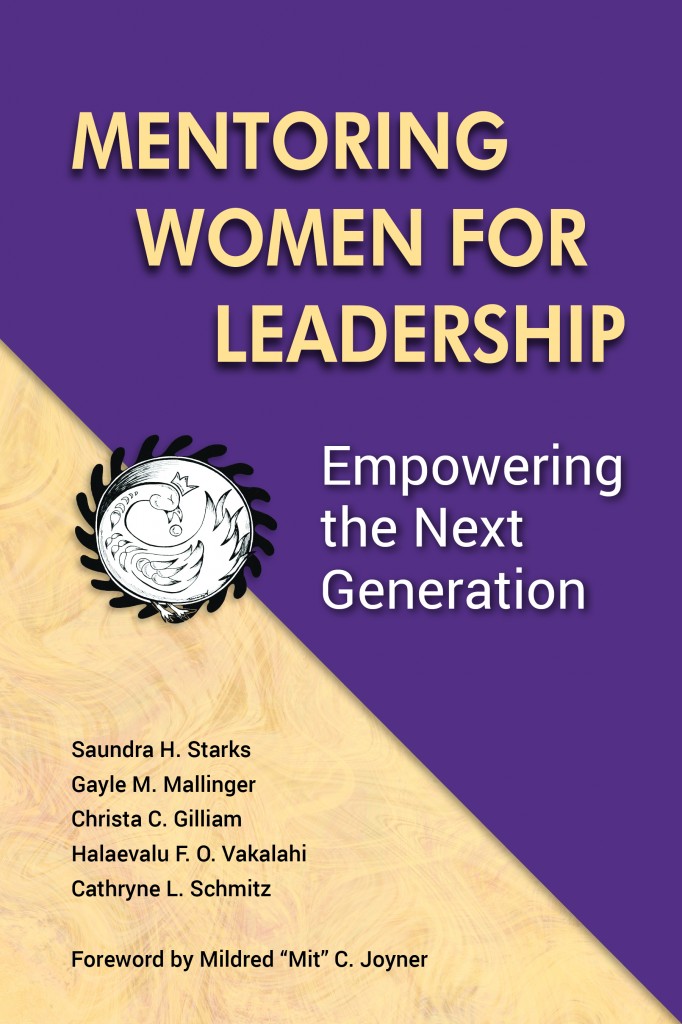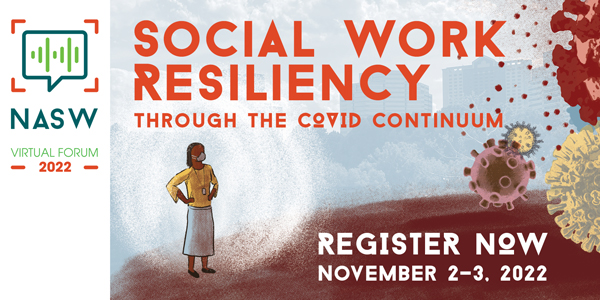Using case studies, diagnostic tools, and clinician self-care, Gregory L. Nooney demonstrates, in Diagnosing and Treating Dissociative Identity Disorder, how to confirm a DID diagnosis and establish a therapeutic relationship; assist the client in developing internal communication, cooperation, and co-consciousness; mitigate the risk of breaking dissociative barriers too quickly; manage the risk of rapid switching and decompensation, including suicidal risk; and lead the client from emotional rigidity and chaos to integration.
how to confirm a DID diagnosis and establish a therapeutic relationship; assist the client in developing internal communication, cooperation, and co-consciousness; mitigate the risk of breaking dissociative barriers too quickly; manage the risk of rapid switching and decompensation, including suicidal risk; and lead the client from emotional rigidity and chaos to integration.
Fortunately, because of the brain’s plasticity and the effectiveness of trauma-specific treatments, healing is possible even for individuals who have experienced severe childhood trauma and attachment wounds. Though the challenges of diagnosing and treating DID are vast, the rewards of helping this misunderstood and underserved population are enormous.
In Leading and Managing Nonprofit Organizations, editors, Richard Edwards and Paul Kurzman, have assembled over a dozen  university faculty and field experts, providing best practices and thought leadership for turbulent times.
university faculty and field experts, providing best practices and thought leadership for turbulent times.
Core leadership skills are brought into focus through the lens of the competing values framework, a metatheoretical model of organizational and managerial effectiveness: boundary-spanning skills, such as promoting nonprofits to the media and public, managing public policy advocacy, and developing a successful fundraising program; human relations skills, including managing human resources, managing meetings, and cultivating a culture of diversity, equity, and inclusion; and other skills.
Women who lead effectively know the importance of lifting as we climb—of bringing other women along—and that mentoring is a critical component to the leadership development process. To ensure the success of tomorrow’s female pioneers, leadership development must start early and continue throughout their academic, social, and emotional development. We must empower women with skills, strengths, and resources, and we must protect the spaces that allow them to develop and grow their leadership skills.
Mentoring Women for Leadership by Saundra H. Starks, Gayle M. Mallinger, Christa C. Gilliam, Halaevalu F. O. Vakalahi, and Cathryne L. Schmitz, can serve as a guide for educators, students, practitioners, and administrators to support the growth and development of female leaders. The book includes a historical, global overview of women in social work, political, social justice, and other leadership positions. It provides theoretical frameworks and practical knowledge and skills related to leadership development, including the pipelines and pathways for preparing and supporting women in leadership.
serve as a guide for educators, students, practitioners, and administrators to support the growth and development of female leaders. The book includes a historical, global overview of women in social work, political, social justice, and other leadership positions. It provides theoretical frameworks and practical knowledge and skills related to leadership development, including the pipelines and pathways for preparing and supporting women in leadership.
For more information about all NASW Press titles, including books, eBooks, CEU books, reference works, journals, brochures, and standards, visit the NASW Press website. If you have questions, please send an email to NASWPress@BrightKey.net or call 1-800-227-3590.
_______________________________________
Register Now!
Join us for the 2022 NASW Virtual Forum: Social Work Through the COVID Continuum, November 2-3, covering topics such as resiliency, ethics, self-care, public policy, telehealth, moral injury, and much more. Don’t miss this opportunity to earn up to 23 CEs through live-streamed and on-demand sessions, and access session recordings for 90 days after the live event. Follow this link to learn more and register today!





